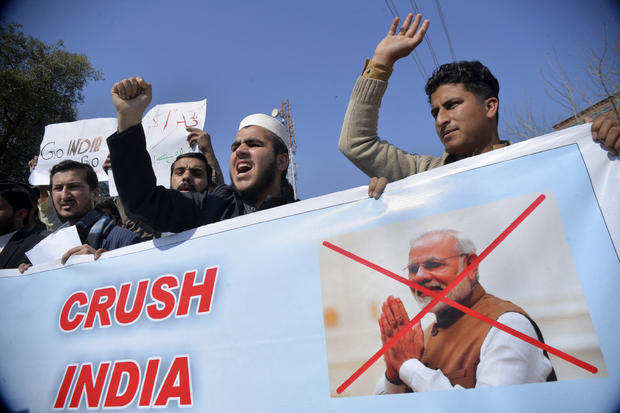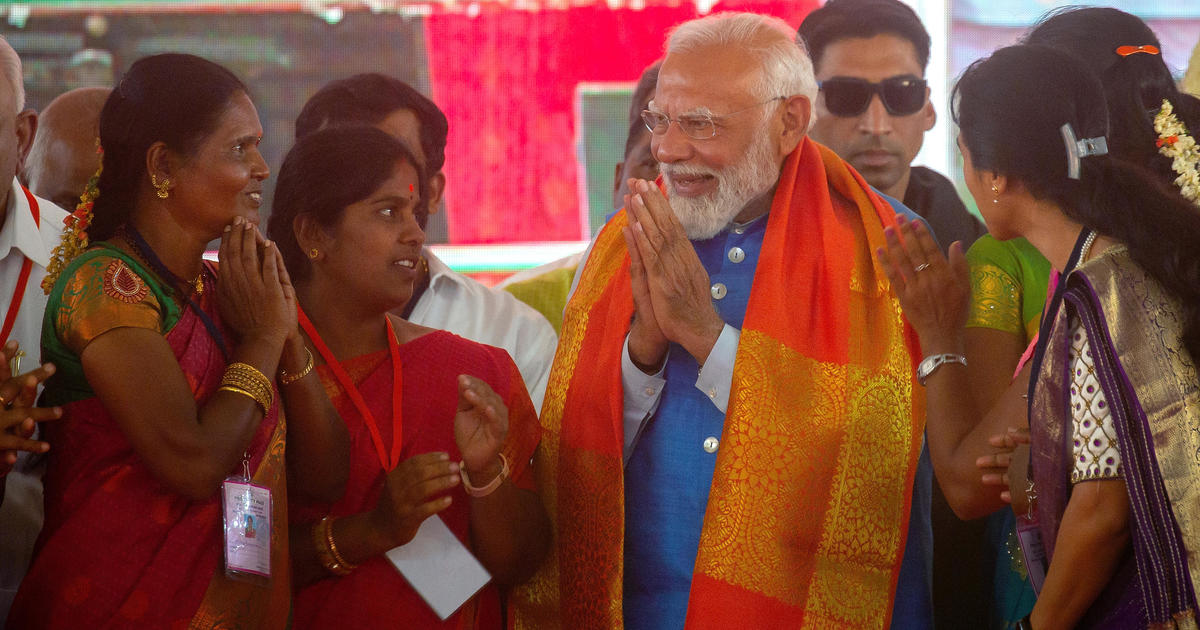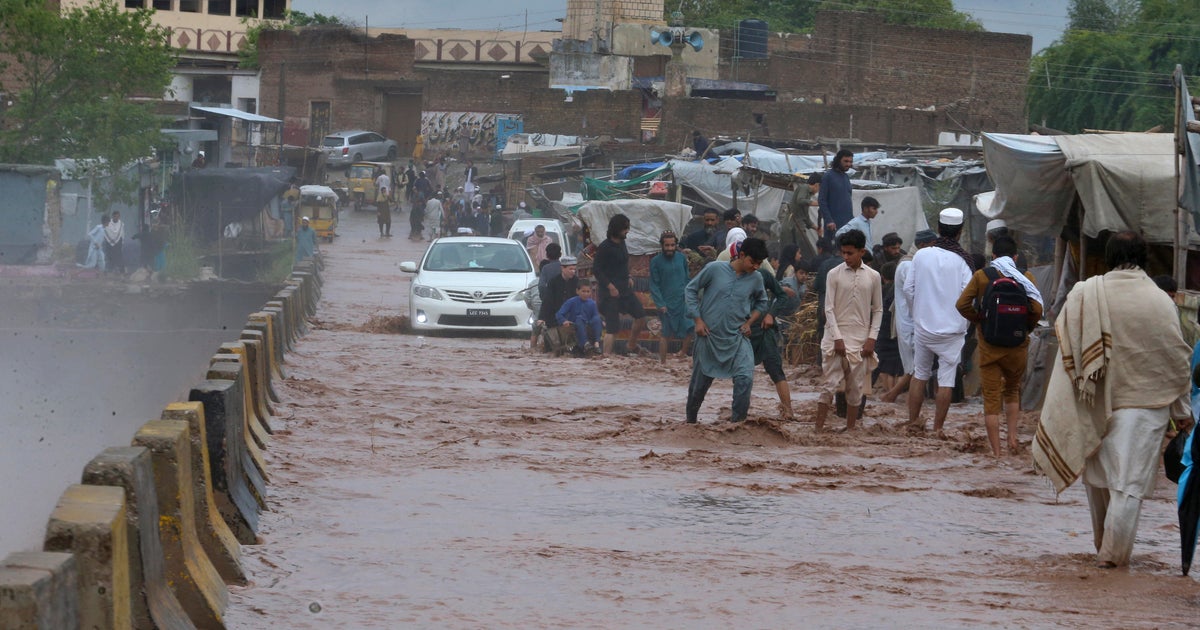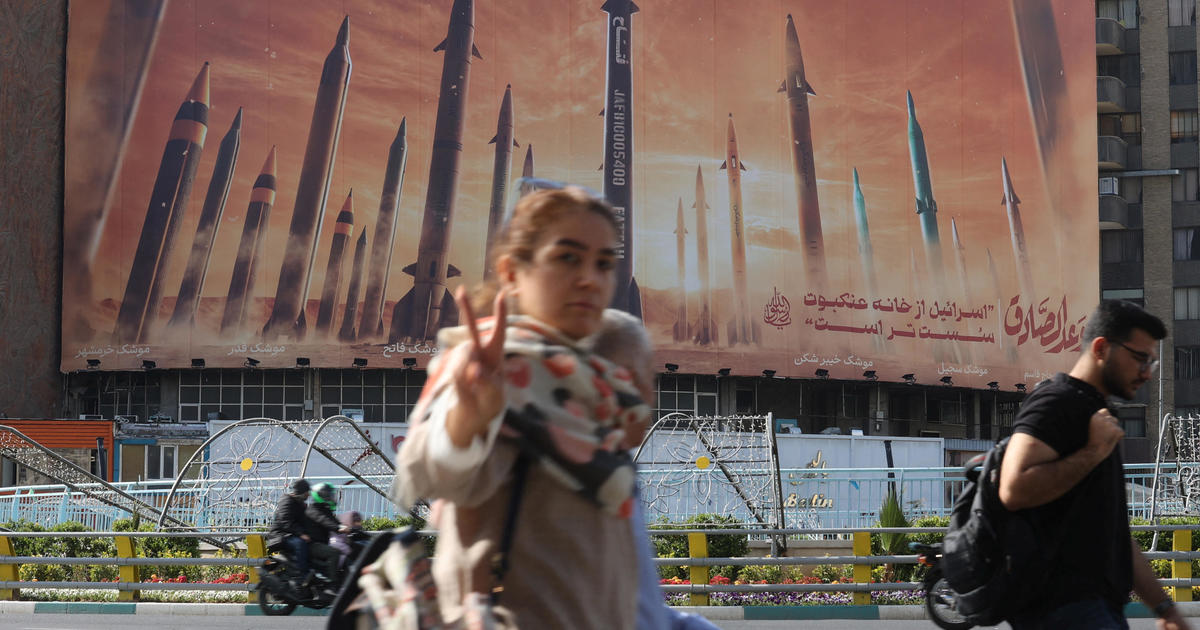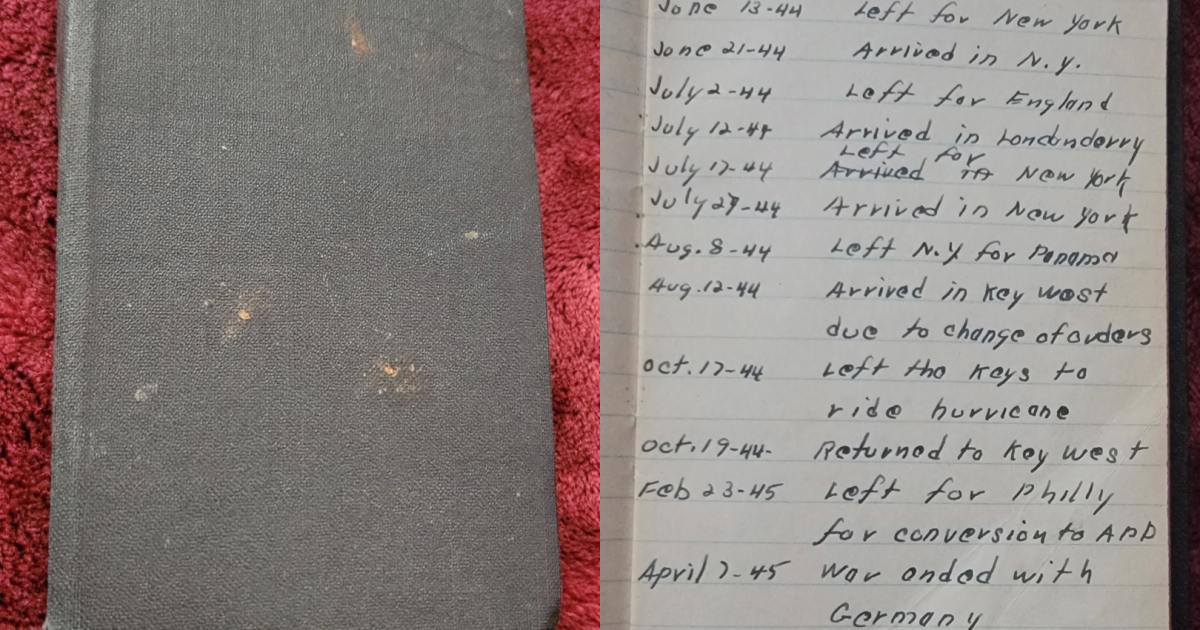"Potential for armed conflict" looms over India's upcoming elections
Delhi -- The people of India, the world's biggest democracy by population, will begin voting next month to choose a new government in an election that will have major ramifications for stability in a volatile region. The nuclear-armed U.S. ally appeared to be on the brink of war just days ago as tension soared with its nuclear-armed neighbour Pakistan.
India's general elections -- the world's largest single exercise in democracy with 900 million eligible voters among India's 1.3 billion people -- will be held in seven phases beginning on April 11, the country's Election Commission announced on Sunday. The last phase will be held on May 19, with the results to be declared on May 23.
Voters will pick 543 members to fill the lower house of parliament, called the Lok Sabha. Any party or coalition of parties which holds a minimum of 272 seats in the house gets to form the government and name the next prime minister.
The announcement of the dates officially kicked off campaigning in India, marked by colourful roadshows and public addresses by politicians which are attended by thousands of people -- some just for the free food and live music.
Modi seeks a 2nd term
Prime Minister Narendra Modi is seeking a second term, hoping to repeat the phenomenal performance of 2014 when his Bhartiya Janata Party (BJP) alone won 282 seats. It was the first time any party had managed to win an absolute majority in three decades.
The massive win was credited to Modi, whose slogan of "better times will come," with promises of creating millions of jobs, ridding Indian politics of corruption and improving farmers' incomes resonated strongly with a population hit hard by inflation and unemployment.
Ever since, Modi has consistently been and continues to be the face of his party, wheeled out to garner votes in every smaller election.
Soon after the weekend announcement, Modi took to Twitter, dubbing the elections "the festival of democracy" and listing his achievements.
"The time has come," Modi said, to create a strong, prosperous & secure India."
India-Pakistan tension
Last month, a suicide attack on an Indian military convoy in the disputed region of Kashmir, along India's border with Pakistan, killed more than 40 soldiers. Modi's India responded with airstrikes deep inside Pakistani territory, purportedly targeting a training camp of the banned terrorist group Jaish-e-Muhammad, which India blamed for the attack.
The next day, Pakistan retaliated with airstrikes on Indian territory, prompting a dogfight in which one Indian fighter jet was shot down and its pilot captured by Pakistan. Pakistan released him the next day as a "peace gesture," bringing the nuclear-armed south Asian neighbors back from the brink of full scale war. The two countries have fought three wars since 1947 over Kashmir -- a mountainous region divided between them but claimed in its entirety by both.
"The airstrikes on Pakistan will likely boost Modi's election prospects," Michael Kugelman, Deputy Director of the Asia Program and Senior Associate for South Asia at The Wilson Center, a Washington-based think-tank, told CBS News.
Many believe that Modi, who seemed to be on the back foot after his party was dealt a series of state election losses, has shifted his campaign strategy from pushing for national development projects, to a platform focused on national security.
"The airstrikes have had a rally-around-the-flag effect and reinforced a tough-on-Pakistan position that can only help Modi and the BJP at the polls," Kugelman told CBS News.
Respected Indian news editor Raju Narisetti, now a professor at Columbia Journalism School in New York, said Modi's campaign would likely push "the overt and covert case that India simply needs a strong and decisive leader at the helm."
Modi carries the image of a strong prime minister who has acted tough with the "enemy" next door. He has dismissed all offers of dialogue with Pakistan, "until it stops exporting terror to India."
Narisetti said that while Modi's primary challenger Rahul Gandhi has been able to "shake off" his own devastating losses from elections last year, he and other challengers opposition leaders -- of which there are few with a high profile -- will be at a "relative disadvantage" to the incumbent.
Political analyst Yogendra Yadav told an Indian news channel that if it weren't for the airstrikes, Modi's party could have lost at least 100 seats in the upcoming election, but now, "the impression is things have improved for BJP."
"Potential for armed conflict"
Modi's firm stance with Pakistan and the Kashmiri militants his government insists Pakistan allows to operate has come under criticism, but it has consolidated his nationalist, right-wing base. Before he became the prime minister, Modi would often taunt the government led by the rival party as "weak." After he assumed the nation's highest office, he had to live up to expectations.
"This is a pivotal election for India-Pakistan relations and broader regional stability," analyst Kugelman told CBS News. "The election result will go a long way toward determining prospects for resuming dialogue, and for the willingness of India to take a different approach to Kashmir."
He said that if Modi returns as prime minister, the tension between India and Pakistan could re-escalate.
To drive that point home, cross-border shelling and small arms fire has continued since the flare up in mid-February. On Monday, Pakistan accused Indian forces of firing a shell that killed a 70-year-old man visiting his daughter in Pakistan administered Kashmir. India's army blamed Pakistani troops for initiating the exchange of fire on Sunday, saying four villagers on the Indian side of Kashmir were wounded.
Last week, the U.S. State Department warned Americans not to travel to Kashmir or within about six miles of the India-Pakistan border, due to the "potential for armed conflict."
